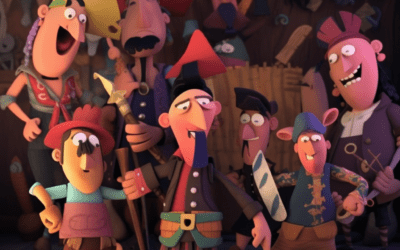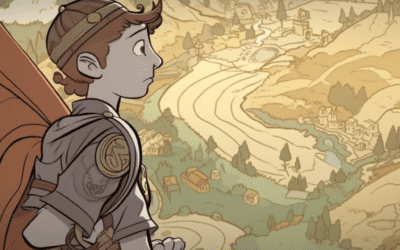Why do different countries have different forms of government?
Introduction
Countries around the world have different forms of government. Some have democracies, others have monarchies, and some have dictatorships. But have you ever wondered why this is? Why can’t all countries have the same type of government? In this article, we will explore the reasons why different countries have different forms of government.
Geography and History
One of the main reasons why countries have different forms of government is because of their unique geography and history. Geography refers to the physical features of a place, like mountains, rivers, and climate. History refers to the events and experiences that have shaped a country over time.
For example, imagine two countries: one with vast plains and fertile soil, and the other with harsh deserts and limited resources. The first country might have a democracy where people vote to make decisions because they have enough resources for everyone to share. But the second country might have a monarchy where a king or queen makes decisions because resources are scarce and a strong leader is needed.
Culture and Values
Another reason for different forms of government is the culture and values of the people. Culture refers to the beliefs, customs, and way of life shared by a group of people. Values are the principles or ideas that are important to a society.
For instance, in some countries, people value equality and fairness. They believe that every person should have a say in decision-making. These countries might have democracies where people can vote and participate in the government. On the other hand, in countries where hierarchy and respect for authority are valued, there might be monarchies or dictatorships where one person has ultimate power.
Economic Factors
Economic factors also play a role in determining the form of government in a country. The economy refers to how a country produces and uses goods and services. Some countries have economies based on agriculture, while others rely on industries like manufacturing or technology.
For example, a country with a strong agricultural economy might prioritize the needs of farmers and rural communities. In this case, they might have a government that focuses on agricultural policies and support. On the other hand, a country with a booming technology industry might have a government that encourages innovation and entrepreneurship.
Influence and Historical Events
Influence from other countries and historical events can also shape the form of government in a country. Sometimes, a country might adopt a certain type of government because they were influenced by another country’s system. This can happen through colonization or the spread of ideas.
An example of this is the spread of democracy. Many countries have adopted democratic forms of government inspired by the United States or other countries that have successfully embraced democracy. On the other hand, some countries might have chosen their government system based on their own unique historical events, like a revolution or a fight for independence.
Conclusion
As we have seen, there are many factors that contribute to why different countries have different forms of government. Geography, history, culture, economic factors, and influence from other countries all play a role in shaping a country’s government system. It’s important to remember that what works for one country might not work for another. Each country has its own unique challenges and needs, and their form of government reflects that.












